The best books of 2025 (so far)
Katie Kitamura, Ocean Vuong, Omar El Akkad, and Jamie Hood are behind some of our early favorites this year.
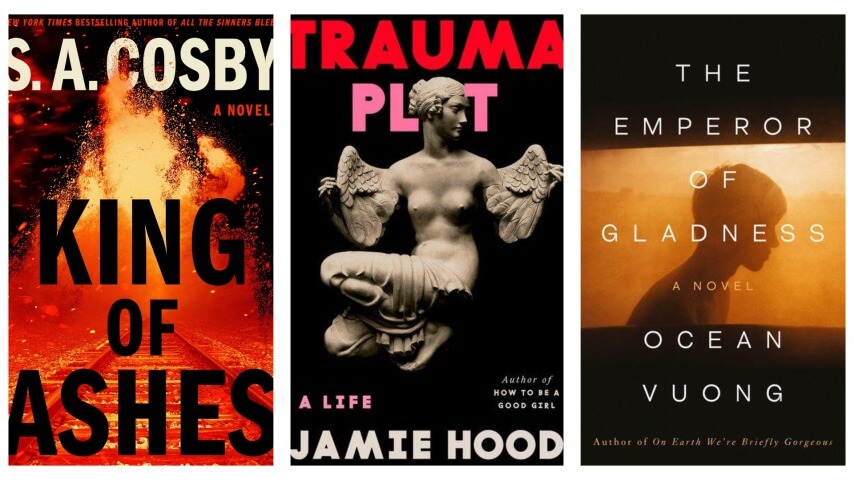
We’re only halfway through 2025, but there have already been plenty of standout books published this year. There’s been particular excellence in genre fiction, with S.A. Cosby’s latest southern noir crime thriller and Stephen Graham Jones’ newest horror novel. Award-winning literary fiction authors like Ocean Vuong and Han Kang have also returned with breathtaking new stories, and journalist Megan Greenwell offers a timely examination of the private equity industry. Here are the best books of the year so far, in alphabetical order.
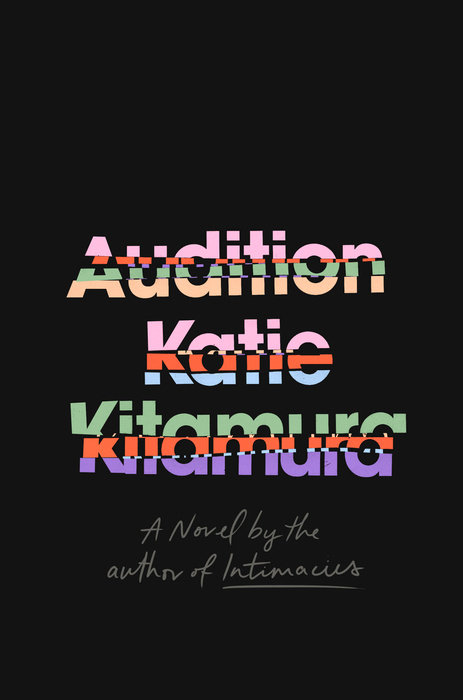
Audition isn’t so much a two-act play as a dish served two ways. Katie Kitamura’s latest novel opens with a meeting between the unnamed narrator, a middle-aged woman actor preparing for a role in a play, and a young man named Xavier. The other customers in the restaurant where they meet think Xavier is the narrator’s lover, but he actually believes he is her son. She tells him this is impossible, as she’s never given birth, but their lives become increasingly entangled after he gets a job working for the director of her play. Then, the book resets, with no warning or explanation. In part two, Xavier is, indeed, the narrator’s son, and the play is a success. On a pure craft level, it’s technically masterful; only a highly skilled writer with a deep and assured understanding of story structure could successfully execute this hall-of-mirrors narrative. Kitamura’s prose is often described as precise and tightly controlled, which remains true here, but she also weaponizes it to build tension with run-on sentences that effectively convey a sense of anxiety and mounting dread. Audition poses pointed questions about the nature of performance and whether it is possible to ever truly know another person, leaving readers with no easy answers.
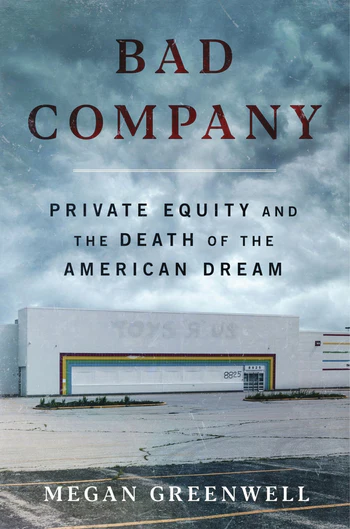
Megan Greenwell knows from experience how gutting and disastrous the private equity industry can be: After a private equity firm bought the sports blog Deadspin, where she served as editor-in-chief, and began slashing budgets and making unnecessary changes without listening to employees’ expertise and experiences, she quit just a few months later. (Disclosure: The A.V. Club was formerly owned by the same private equity firm as Deadspin, and during that time, The A.V. Club and Deadspin staff were both part of the same labor union shop.) In Bad Company: Private Equity And The Death Of The American Dream, Greenwell explores the impact of private equity interference through the stories of four people whose employers were bought out by PE firms: a local news journalist, a Toys R Us floor supervisor, an affordable housing advocate, and a doctor. In telling their stories, Greenwell gets at the heart of the industry’s inherently predatory business model. It’s a harrowing, vital, and timely depiction of late-stage capitalism.
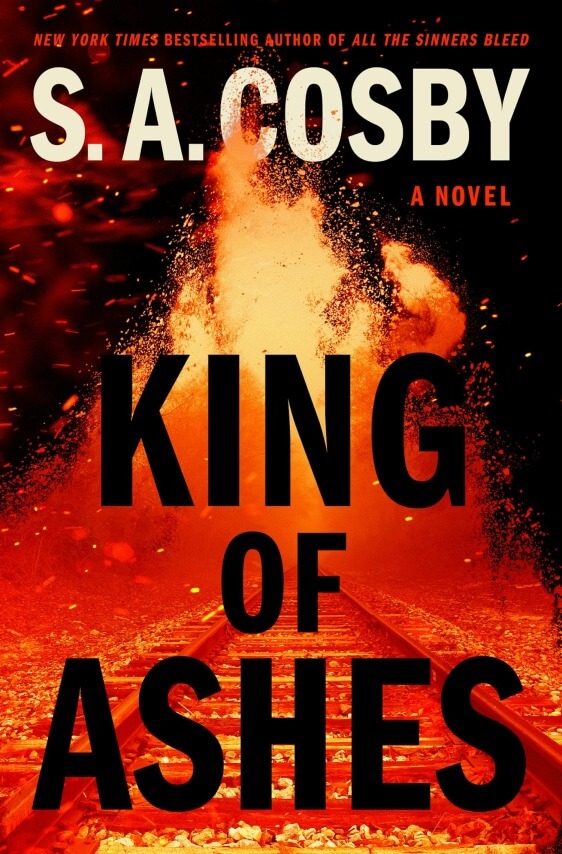
Before S.A. Cosby became perhaps the biggest rising star in crime fiction of the past five years, he was working at a hardware store in Virginia and helping out at the funeral home owned by his wife. His familiarity with the industry of death lends intimacy and authenticity to King Of Ashes, which follows Atlanta-based wealth manager Roman Carruthers as he returns to his small Virginia hometown after his father, who owns the local crematorium, is involved in a serious car accident that leaves him comatose. Roman quickly realizes that his father’s accident is tied to the massive debt his younger brother, Dante, owes to a pair of violent criminals, and he forms a tenuous alliance with them to get Dante off their shit list. In the background of all this is the mystery of the disappearance of Roman’s mom, whom everyone in town believes was killed by his father. The plot explodes with violence as the heat intensifies; this is Cosby’s most ambitious narrative yet.

It is nakedly unfair, Sonya Walger acknowledges, that she chooses to tell the story of her father and her relationship with him in Lion, her autobiographical debut novel. He was, after all, the one who left, the one who flitted in and out of her life on a whim, the one who was able to live an adventurous and interesting life without worrying about her because her mother’s unsung labors and sacrifices provided her stability. If life were a meritocracy, Walger’s mother would be the hero of this story. Yet her father, with his charm and his interesting hobbies like driving race cars and piloting planes, is unquestionably the protagonist. Walger’s prose is free-flowing and evocative, jumping back and forth in time from the present, where she is a successful actor, to the past, where her nomadic childhood was a source of both excitement and despair. Even with such a rich plot, the true joy of Lion comes from Walger’s unique and stirring command of language.
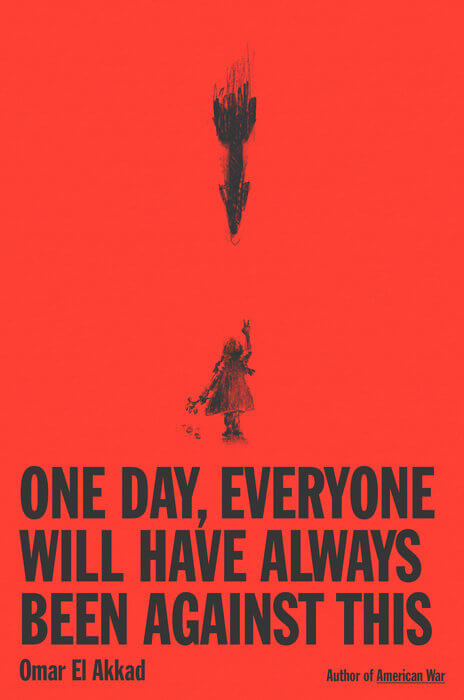
“One day,” Omar El Akkad wrote on Twitter in 2023 in response to a video showing the destruction after Israel’s bombardment of Gaza, “when it’s safe, when there’s no personal downside to calling a thing what it is, when it’s too late to hold anyone accountable, everyone will have always been against this.” El Akkad, who was born in Egypt, grew up in Qatar, immigrated to Canada as a teenager, and later became a U.S. citizen, spent years covering war and political unrest as a journalist. While reporting on events like the war in Afghanistan, prisoner abuse in Guantánamo Bay, and the Black Lives Matter protests, El Akkad bore witness to the ways in which mainstream Western media self-censors under the guise of neutrality. One Day, Everyone Will Have Always Been Against This is a forceful rebuke that cuts through the spin and the posturing to simply call a thing what it is—and call out the hypocrisy of Western promises of freedom and justice.
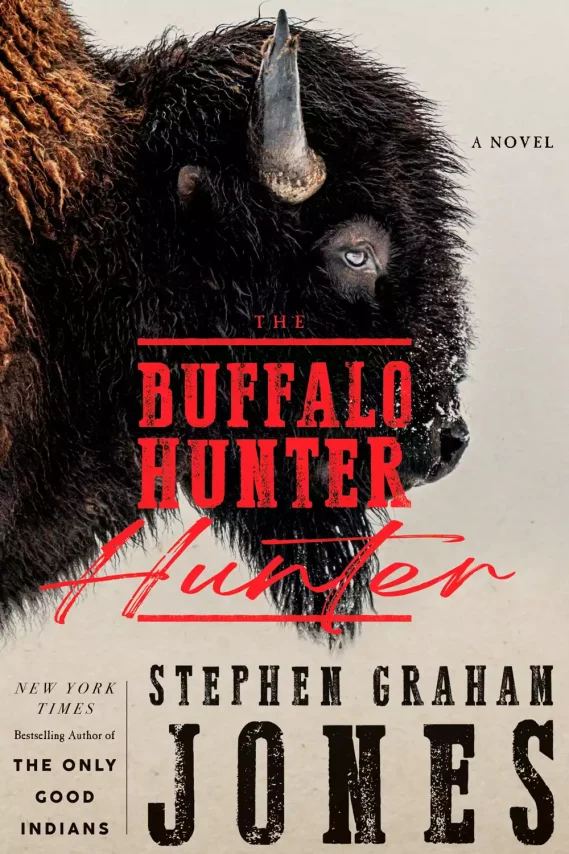
Indigenous Interview With The Vampire is a tantalizing elevator pitch, and wildly prolific horror author Stephen Graham Jones wrings every last drop of blood from it in The Buffalo Hunter Hunter. Jones employs a two-layer framing device to unravel the tale of Good Stab, a Blackfeet vampire. The novel opens with Etsy Beaucarne, a struggling academic who hopes her career will finally take off after a construction worker discovers her great-great-great-grandfather’s diary in the walls of a crumbling parsonage. Arthur Beaucarne’s diary contains transcripts of his conversations with Good Stab, who recounts the bloody story of how he was turned and how he has survived for so long. At the center of The Buffalo Hunter Hunter is a moral reckoning with America’s nasty history of taking land that belongs to others by force, and Jones’ direct, engaging prose makes his sharp observations about the injustice of those actions hit even harder.
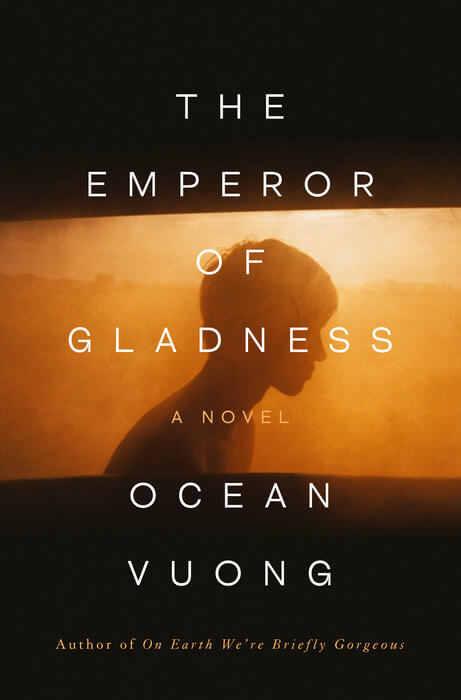
Ocean Vuong has an uncanny talent for wringing deep and profound emotion out of everyday situations; there is an unapologetic sincerity to his work that strips his characters of artifice, making them feel vivid and real. That’s why it’s so easy to connect with 19-year-old Hai, the protagonist of The Emperor Of Gladness. As the novel opens, Hai is standing on a bridge in East Gladness, Connecticut, contemplating jumping. Grazina, an 82-year-old widow with mid-stage dementia, talks him down and quickly befriends him. Hai moves in with Grazina and serves as her caretaker while he tries to get his life together. East Gladness is a fictional stand-in for the countless real blue-collar American towns ravaged by the opioid epidemic, and Hai struggles with his own addiction while working to rebuild his life after a close friend died of a fentanyl overdose. As Hai takes small steps toward recovery and eventually begins to see a future for himself, even if it’s just working at a fast-casual restaurant chain, Vuong celebrates these small moments of joy with his lyrical—but never saccharine—prose.
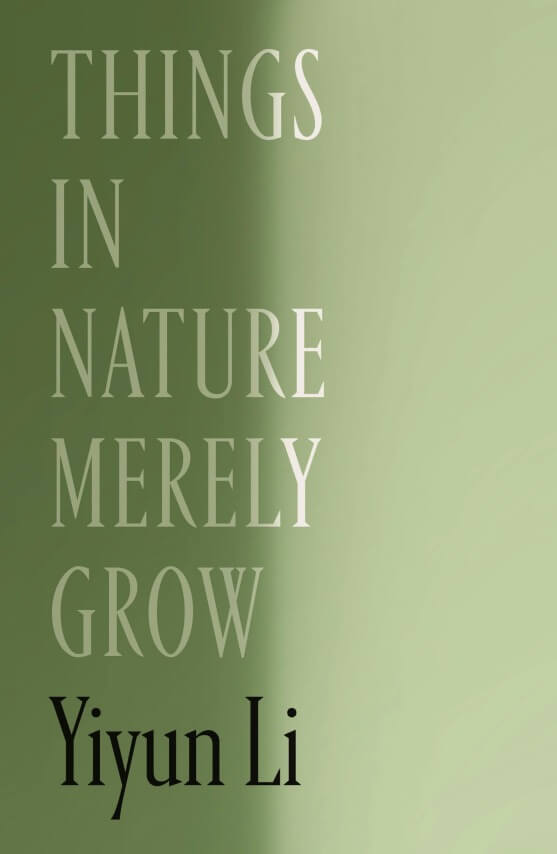
In 2017, Yiyun Li’s 16-year-old son, Vincent, died by suicide. In 2024, her 19-year-old son, James, also died by suicide. Li states this plainly and without emotion in her second memoir, Things In Nature Merely Grow. These are simply facts that need to be acknowledged; trying to explain the depths of that kind of grief would be impossible. “There is no good way to say this: words fall short,” Li writes. In spare, direct sentences, Li writes analytically about loss and her life in the aftermath of the death of her sons. She finds comfort in routines like writing and gardening; she examines mementos of her sons’ lives. And by refusing to dwell on the maudlin, Li captures an even more difficult emotional truth: how to accept and live with unimaginable tragedy.
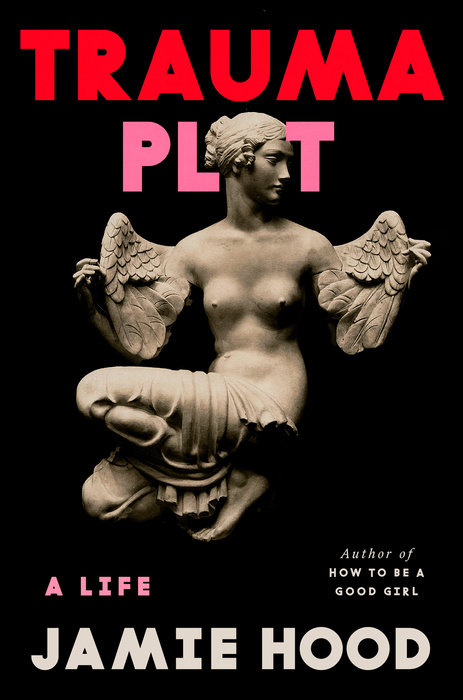
Jamie Hood’s Trauma Plot: A Life is as much about Hood’s own trauma as it is about trauma as a trope and a literary device. In recounting the times she was raped, Hood pushes back against a common criticism of the trauma plot: that it is inartful and self-serving. Hood’s excavation of her experiences with sexual violence takes different forms throughout the book. In the first section, she writes in the third person, describing a night in “Jamie’s” life. The following sections employ first and second-person narration, offering different ways to view and interact with trauma. Hood masterfully fuses criticism and personal narrative to create what might be the definitive text on writing and talking about trauma.
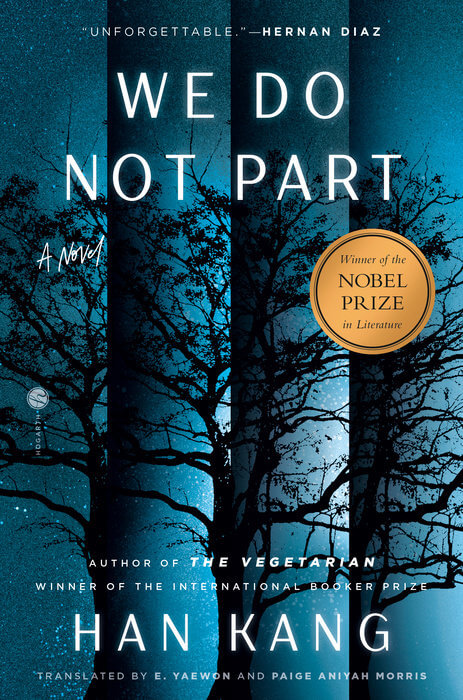
We Do Not Part was first published in South Korea in 2021, but the English translation of 2024 Nobel Prize winner Han Kang’s latest novel took a few years to arrive. It’s a haunting and dreamlike narrative that follows Kyungha, who gets a call from her friend, Inseon, asking her to take care of her pet bird while she’s in the hospital. Kyungha travels to Inseon’s home on Jeju Island, but she arrives in the middle of a severe snowstorm, and as she fights her way to Inseon’s house, she must confront the specter of the Jeju Uprising that still lingers over the island. In 1948, the anti-communist Korean government killed 30,000 people on the island in an attempt to suppress political upheaval. Kang deftly weaves the past and present together with her flowing prose, shedding light on an often-overlooked atrocity.
 Keep scrolling for more great stories.
Keep scrolling for more great stories.
